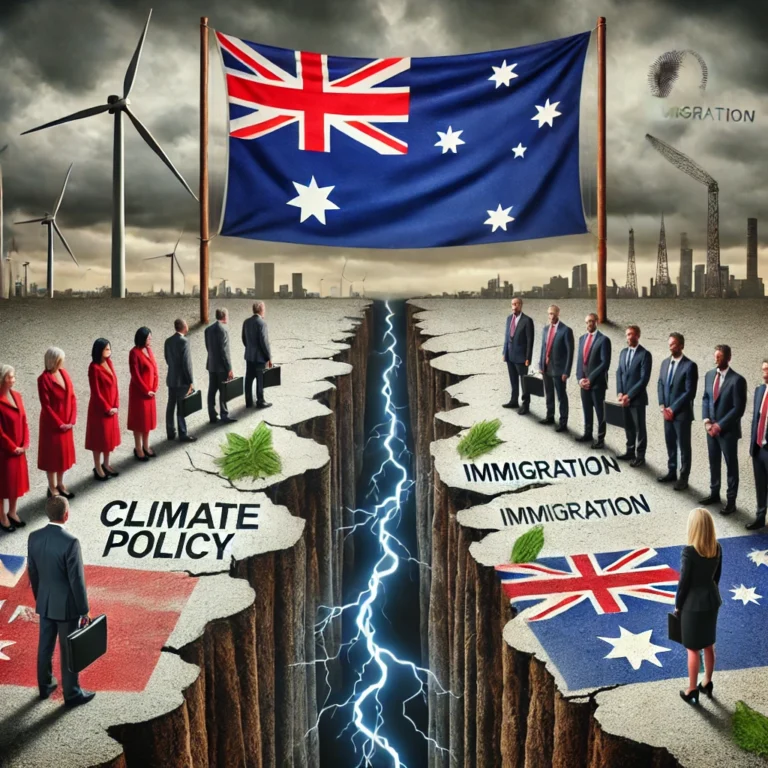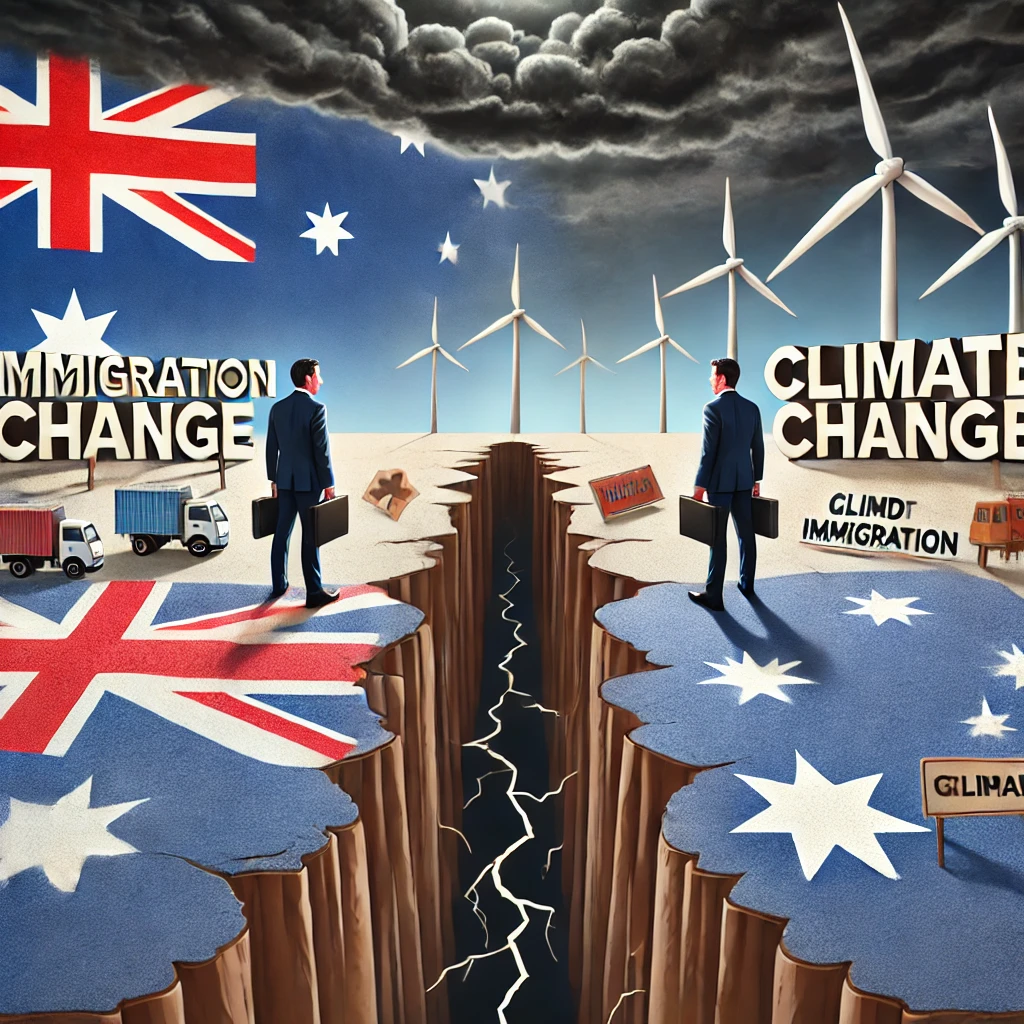
Exploring the Current Climate of Division in Australia

As Australia commemorates significant national anniversaries, the underlying tensions within its political landscape become increasingly apparent. The atmosphere of division is palpable, resonating far beyond the walls of Parliament House and affecting daily lives, public opinions, and national dialogue.
The Context of Political Division
Australia is witnessing a complex tapestry of ideological disagreements and policy disputes, which are manifesting vividly in public discourse. The growing division can be attributed to several key factors:
1. Political Discontent:
The dissatisfaction among the electorate has surged due to unfulfilled promises and perceived inefficiencies in legislative processes. This discontent has resulted in an increased inclination towards alternative political platforms, creating fractures within traditional party lines.
2. Social Issues:
Cultural and social issues, including Indigenous rights, immigration policies, and climate change, have polarized opinions across the nation. These topics often ignite passionate debate among community members, leading to starkly contrasting views that further entrench existing divisions.
3. Media Amplification:
The role of social media and news outlets in framing these divisions cannot be understated. The sensationalization of political squabbles often results in an echo chamber effect, where individuals only encounter viewpoints that reinforce their beliefs, thereby exacerbating the divide.
The Impact of Division on Society
The ramifications of this political division extend beyond mere legislative disagreements; they influence the fabric of Australian society. Here’s a closer look at the effects:
Community Fractures
Communities across Australia are increasingly polarized, leading to tensions that can manifest in various forms:
- Increased Hostility: Friendly dialogues about differing political views have become rare, replaced by confrontational exchanges that might lead to hostility in social settings.
- Social Segregation: Individuals may find themselves opting out of community activities or discussions that have become contentious due to differing political beliefs, opting instead for insular social interactions that echo their views.
- Election Fatigue: With upcoming elections on the horizon, many citizens are experiencing frustration and fatigue over the endless cycle of political conflicts, leading to a growing apathy towards voting and civic engagement.
Impacts on Governance
The evident divisions within politics can severely hinder effective governance:
- Stalled Legislation: Political gridlock becomes a frequent occurrence, making it challenging to pass vital legislation that addresses pressing issues such as health care, education, and climate change.
- Declining Trust: Public trust in government institutions diminishes as political leaders become embroiled in divisive disputes rather than focusing on the common good.
- Rise of Populism: As traditional parties struggle to unify, there’s a rise in populist movements that promise immediate solutions, appealing to those disillusioned with mainstream politics.
Possible Pathways Forward
In light of these challenges, finding common ground and fostering dialogue becomes essential. Here are a few approaches that could help heal divisions:
1. Encouraging Bipartisan Initiatives:
Promoting collaboration among political factions can lead to more comprehensive solutions that address the concerns of diverse groups.
2. Fostering Open Dialogue:
Creating platforms for constructive conversations, focusing on listening rather than debating, can help bridge gaps between differing viewpoints.
3. Engaging the Youth:
Empowering younger generations to express their viewpoints and take part in the political process can rejuvenate civic engagement and inspire a more unified future.
Conclusion
As Australia reflects on its political landscape, it is crucial to acknowledge the prevailing divisions that have taken root in society. While these divisions pose significant challenges, they also present an opportunity for reform and unification. By actively seeking to address the underlying issues and promoting dialogue, Australians can move towards a more cohesive society that embraces diverse opinions rather than shunning them. In doing so, the nation can not only commemorate its history but also build a stronger, more united future.